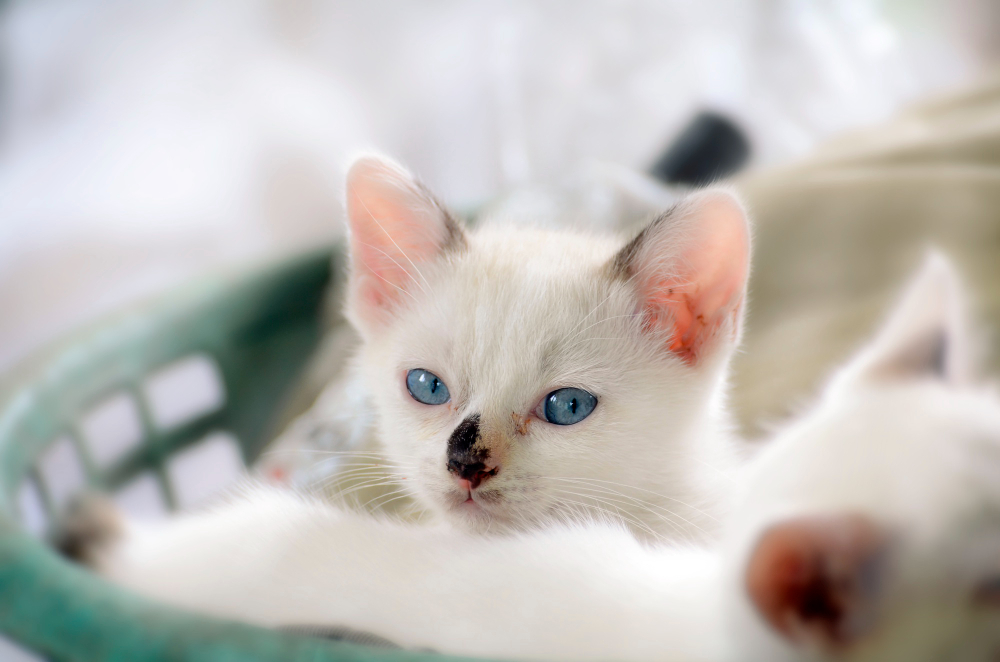
Cat Declawing in North Richland Hills
Cats naturally scratch as part of their behavior, but this can sometimes conflict with protecting your furniture or managing aggression. At Cornerstone Animal Hospital, we perform surgical declawing only when all other methods to prevent scratching have been exhausted. The procedure is carefully considered in situations where it may prevent a cat from being surrendered, mistreated, or euthanized.
Safe Cat Declawing in Southlake
Our veterinarians take every precaution to ensure a safe and compassionate experience for your cat. Prior to surgery, we perform pre-anesthetic blood work and utilize advanced, individualized anesthetic protocols. Pain management is a critical part of our recovery plan—we use safe, effective medications to ensure your pet’s comfort during and after the procedure.
We strongly advise that declawed cats be kept indoors, as they lose their primary means of defense and climbing.
Our highest priority is the well-being of every pet we treat. All of our procedures and policies are designed with their health and safety in mind.
Providing Quality Surgical Care for Your Cat
Declawing is considered as a last resort in cases where a cat exhibits aggressive behavior or cannot be trained to avoid destructive scratching. While many cats can be trained with proper techniques, others may not respond. In such instances, surgical declawing may reduce the risk of abandonment or euthanasia. Declawed cats should live exclusively indoors due to their limited ability to protect themselves. Although declawing can be performed at any age, younger cats generally recover more quickly.
Expert Feline Care at Our Animal Hospital in Colleyville
At Cornerstone Animal Hospital, we begin with pre-anesthetic blood tests to confirm your pet is healthy enough for anesthesia. The procedure is carried out using carefully selected anesthetics, continuous monitoring with multi-parameter equipment, and skilled surgical techniques. Pain is managed using a combination of nerve blocks, injectable pain relievers, and ongoing medication to minimize discomfort.
All surgical patients, including those undergoing declawing, receive intravenous fluids during the procedure through an IV catheter. Cats typically stay with us for the day following surgery to ensure a smooth and comfortable recovery.
Schedule a Consultation and Learn More About Cat Declawing in North Richland Hills
If you’re considering whether declawing is appropriate for your cat, call Cornerstone Animal Hospital in Colleyville and the surrounding areas at (817) 514-8387 to schedule a consultation.
